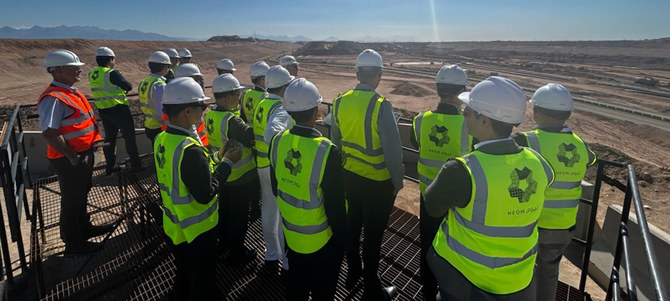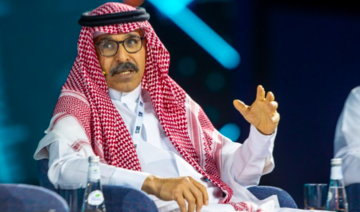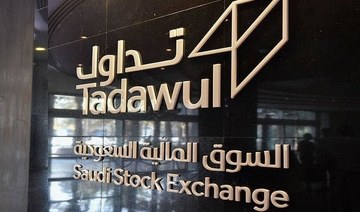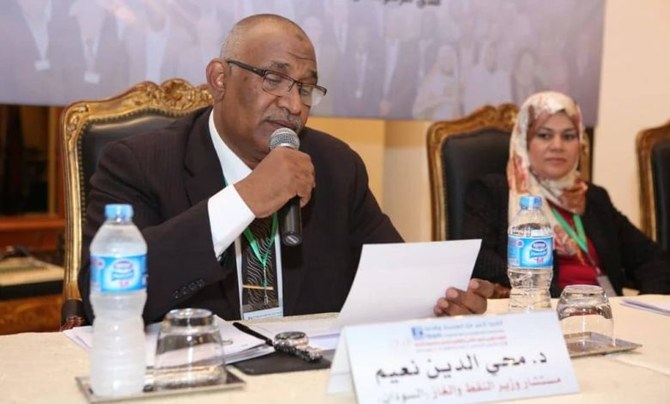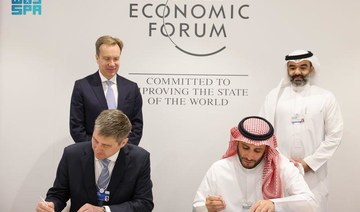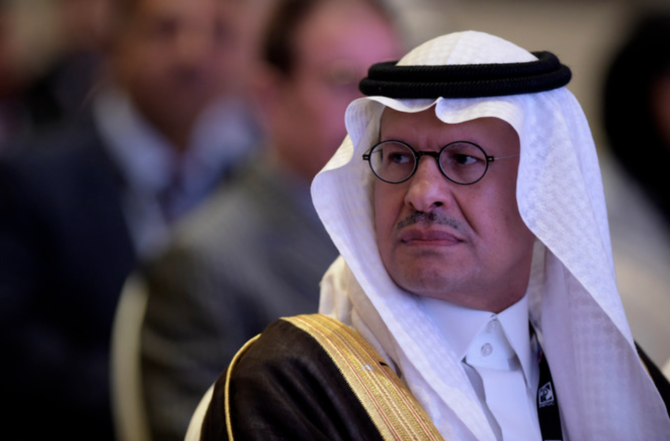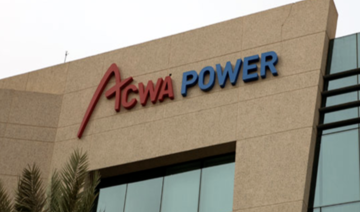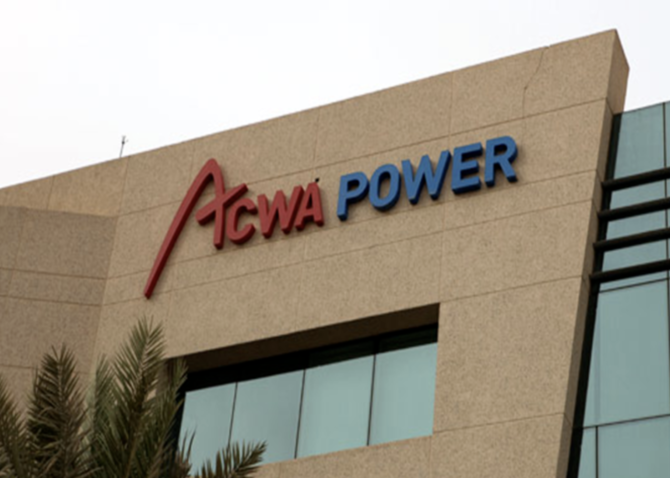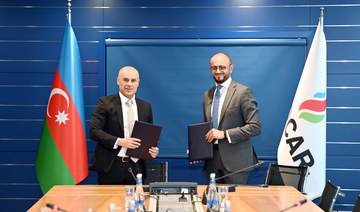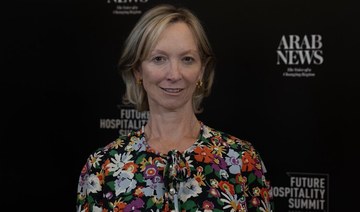RIYADH: Saudi giga-project NEOM’s workforce is poised to surpass 200,000 by 2025 as the Kingdom’s ambitious $500 billion-city enters its busiest development phase.
This significant increase in labor – a 43 percent rise on the current level – marks a crucial milestone in the Vision 2030 initiative, underscoring the project’s pivotal role in reshaping the Saudi economy.
NEOM, currently being built in the northwest of Saudi Arabia, has brought together over 100 of the world’s leading construction companies for a two-day industry forum, according to a statement.
Addressing the event Nadhmi Al-Nasr, CEO of the giga-project, said: “As we go into our busiest ever phase of development, the scale of opportunities across NEOM is monumental. With projects progressing fast across all parts of the region, we are committed to collaborating with globally renowned contractors to achieve the vision of NEOM.”
Participants gained insights into the plans and scope of upcoming opportunities and toured project sites to witness the ongoing construction firsthand.
The event also facilitated one-on-one meetings, enabling in-depth discussions on specific business prospects as contractors demonstrated their services and capabilities.
The gathering, which featured a mix of firms from Saudi Arabia alongside international companies from Asia, Europe, North America, and North Africa, highlighted current construction progress on-site while emphasizing future developments, signifying NEOM’s transition into the next phase of its extensive project portfolio.
The statement emphasized that as the city’s projects move into a new phase of execution, the need for top-tier construction expertise is crucial to deliver some of the most ambitious development projects the world has ever witnessed.
It further stated that among these ambitious projects is The Line, a 170-km-long city currently being constructed in modular phases, with the first phase expected to welcome residents in 2030.
The forum, furthermore, underscored the critical role of innovation within the industry, emphasizing that traditional construction methods are inadequate to meet the scale and scope of the projects in the city of the future.
Moreover, progress made on-site was demonstrated across NEOM, encompassing advancements in the construction of key projects such as The Line, the Spine, Oxagon, Trojena, and an international airport.



